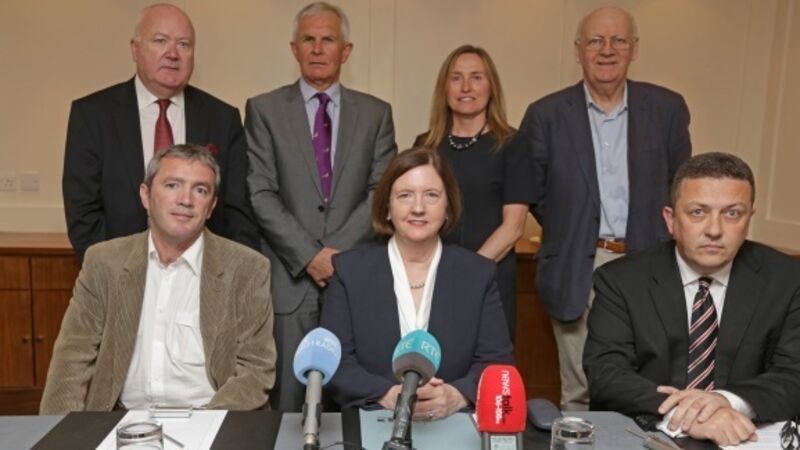Garda revamp body to meet after member quits over ‘lack of support’

One of the most high profile members of the Commission on the Future of Policing confirmed at the weekend he had resigned in protest at the way the commission was being treated.
Conor Brady said he believed there was “little or no interest in or support for the work of the commission among the political establishment”.













